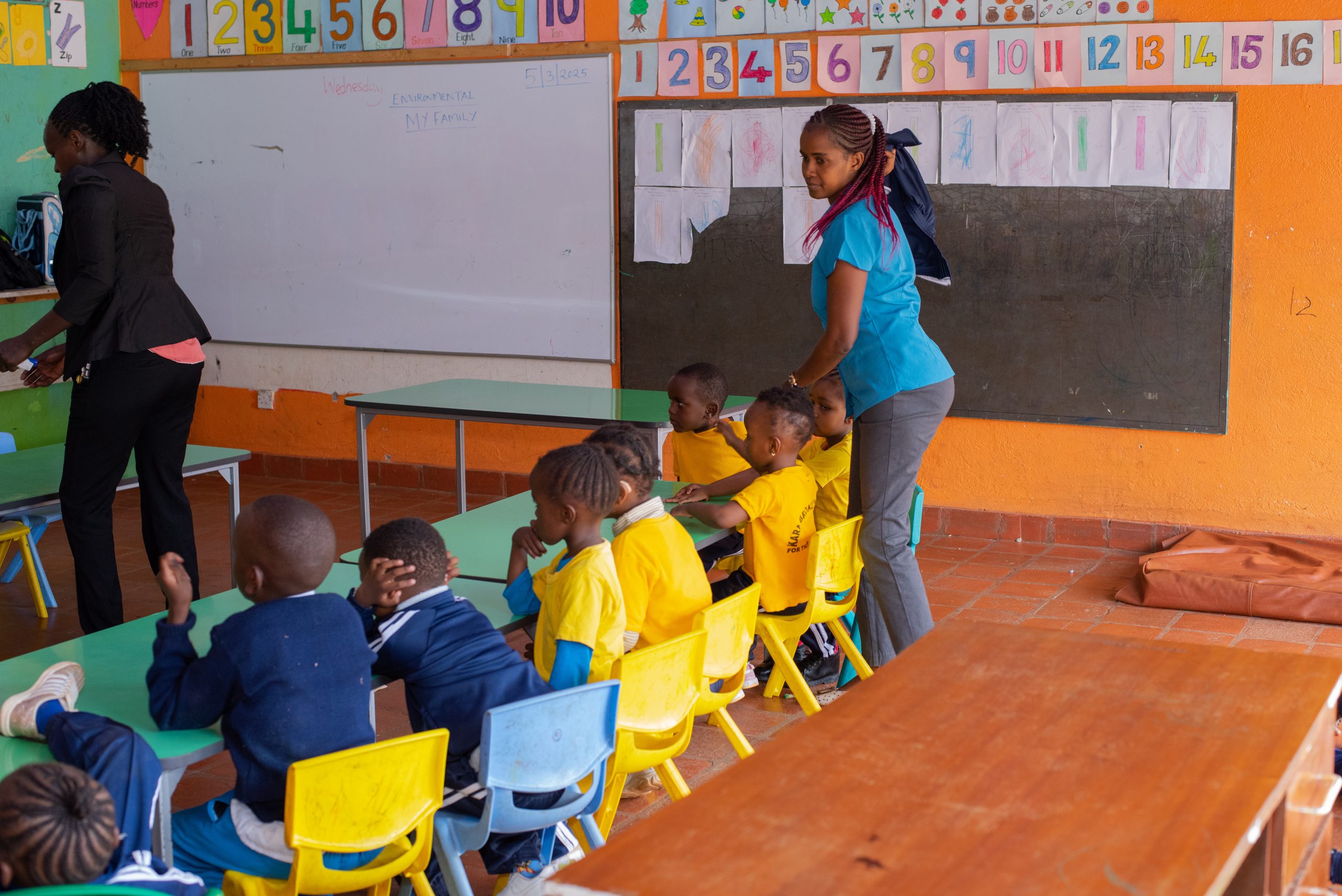The latest Sustainable Development Goals (SDG) Report 2025 paints a troubling picture of early childhood education in sub-Saharan Africa, where access to pre-primary education remains a significant barrier for millions of children.
According to the report, which analyzed data from 84 countries between 2015 and 2024, only 54 percent of children aged 24–59 months in sub-Saharan Africa are developmentally on track, far below the global average and well behind regions such as Central and South-Eastern Asia, where the rate stands at 83 percent.
While the data shows no gender disparities globally, the regional gap underscores a critical inequality that continues to limit opportunities for African children.
Despite modest gains in enrolment for children under age three over the past decade, participation in organized learning one year before primary school has stagnated globally at around 75 percent since 2015.
Sub-Saharan Africa lags significantly behind this benchmark, with only 48.6 percent of children enrolled, a figure that has shown little improvement in recent years.
Neighboring Northern Africa and Western Asia fare only slightly better at 51.4 percent.
Experts warn that without stronger policy measures, these numbers will continue to fall short of global education targets under SDG 4, which calls for universal access to quality early childhood development, care, and pre-primary education by 2030.
One of the most pressing challenges is the absence of legal frameworks guaranteeing access to pre-primary education.
The report reveals that only about one-third of countries worldwide have made pre-primary education compulsory, and only half have legal provisions ensuring at least one year of free pre-primary education.
For many families in sub-Saharan Africa, where private providers dominate early childhood education, this means costs remain prohibitive.
"Without legal guarantees, pre-primary education often remains financially inaccessible to low-income families," the report notes, adding that this situation perpetuates cycles of inequality and hinders long-term development outcomes.
While early childhood education struggles to gain traction, participation in organized learning among youth has seen a significant rise over the past two decades.
Globally, over half of young people aged 15–24 engaged in education or training programmes in 2024, with participation rates in sub-Saharan Africa at 45 percent, still trailing behind Europe and Northern America (64 percent).
However, adult participation in learning remains alarmingly low. Only 3 percent of adults aged 25–54 and 1 percent of those aged 55–64 took part in education or training in 2024, a trend that has barely changed since 2000.
Education advocates stress that bridging these gaps will require bold policy shifts, increased investment, and targeted interventions to make pre-primary education free and compulsory across sub-Saharan Africa.
Without such measures, millions of children risk starting their education journeys at a disadvantage, a setback with long-lasting social and economic implications.

